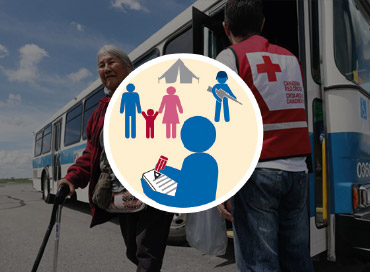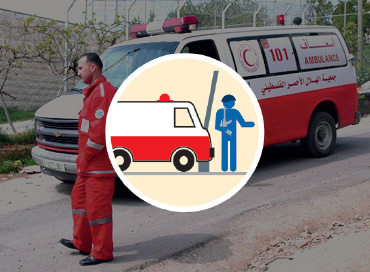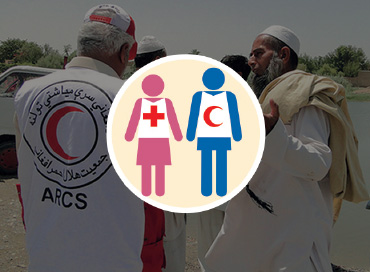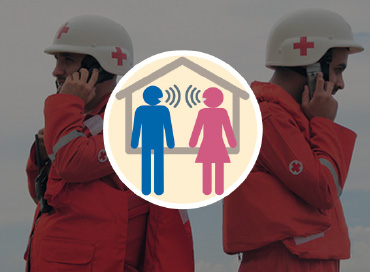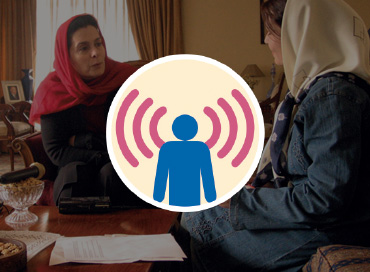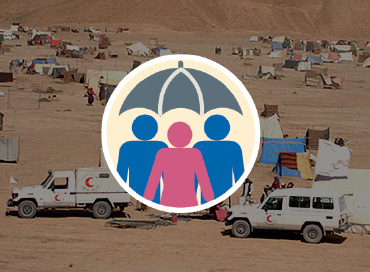I. Context and risk assessment
National Societies have a clear understanding of the interlinked political, social, cultural and economic aspects of the evolving operational environment and the inherent risks, which forms the basis for preventing and managing those risks.
II. Legal & Policy Base
National Societies have sound legal and statutory instruments and develop policies that provide a basis from which to carry out their humanitarian mandate and roles in conformity with Movement policies, international humanitarian law and domestic legislation.
III. Acceptance of the organization
National Societies have attained a high degree of acceptance among key stakeholders by providing relevant, context-sensitive humanitarian assistance and protection for people and communities in a manner consistent with the Fundamental Principles and other Movement policies.
IV. Acceptance of the individual
Staff and volunteers have attained a high degree of acceptance among key stakeholders by working in a manner consistent with the Fundamental Principles and other Movement policies.
V. Identification
National Societies take all necessary steps to protect and promote the organization’s visual identity and that of its staff and volunteers.
VI. Internal Communication and Coordination
National Societies implement well-developed internal communication and coordination strategies and mechanisms, which enhance coordination with other Movement components.
VII. External Communication and Coordination
National Societies implement well-developed external communication and coordination strategies and mechanisms, which enhance coordination with external actors.
VIII. Operational security risk management
National Societies assume responsibility and accountability for the safety and security of staff and volunteers by developing and implementing an operational security risk management system and structure.

